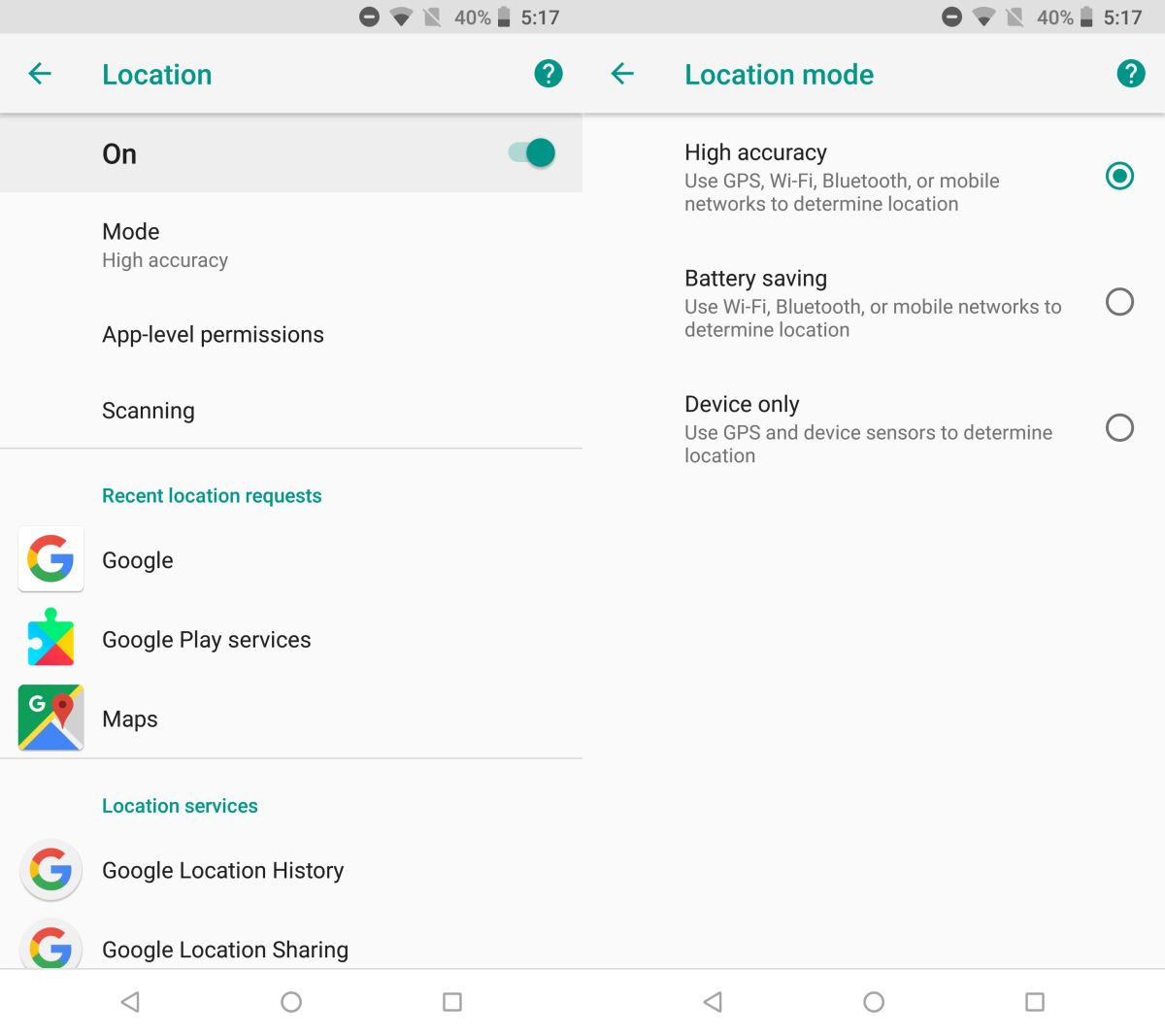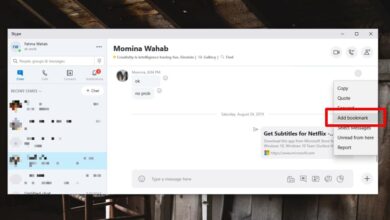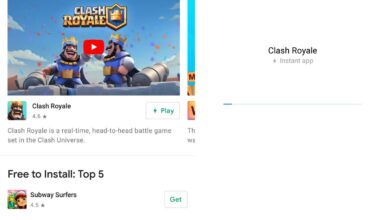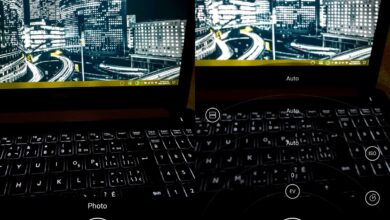Location is privileged information that apps seek to access on smartphones. Some apps, like Google Maps, need it to function. Other apps like Facebook don’t really need it to perform their basic function. On both iOS and Android, you can restrict location access to apps. On Android, you can manage location accuracy so that apps can’t know exactly where you are.
Location Accuracy On Android
To manage location accuracy, open the Settings app and go to Location. Assuming it’s already on, you will see a ‘Mode’ option. Tap on it. The Location Mode screen will list the three location accuracy modes that Android supports.
The High Accuracy mode uses every single wireless switch and your GPS to track down where you are. If you use a ride hailing service like Uber or Lyft you’re going to need to enable High Accuracy so that the apps can pinpoint your current location.
The Battery Saving method relies on your carrier network, WiFi, and Bluetooth to pinpoint your location. It only leaves out GPS but GPS is pretty important and if you’re on the go, this option alone won’t be enough to use apps like Uber or Google Maps.
The Device only mode is the most restrictive location mode. It relies only on your GPS and your device’s sensors to find where you are. You will find that most apps that need to use your location will not be able to find where you are when you have location turned on in Device Only mode.

Unfortunately, Android doesn’t let you set location accuracy on a per-app basis. You can allow or block an app from accessing your current location but all apps that have access to your location will have the same level of access. For example, if you’ve allowed Google Maps and the Facebook app to use your current location and you’ve selected ‘High Accuracy’ mode, both apps will be able to determine your location through GPS, WiFi, Bluetooth, and your mobile network.
Room For Improvement
It’s hard not to compare location management on Android with that of iOS. iOS doesn’t give users this kind of control over location accuracy but it does let users choose which apps can access their location even when they’re running in the background, and which can’t. This particular feature requires apps to add support for it. For example, if an app only has one option i.e. use the location at all times then as a user, you can’t restrict it to only use your location when you’re actively using said app. Uber is a prime example of this. The Uber iOS app had complete access to your location even when it was in the background. It was only through a recent update that users could restrict location access for Uber.
Neither iOS nor Android get it completely right. Android lets you manage location accuracy but not on a per-app basis. iOS lets you restrict location access on a per-app basis but it doesn’t let you manage location accuracy. There needs to be a reasonable way to merge the two concepts without creating a nightmare for developers, and without forcing end users to have to read a manual just to understand how their location is being used.





